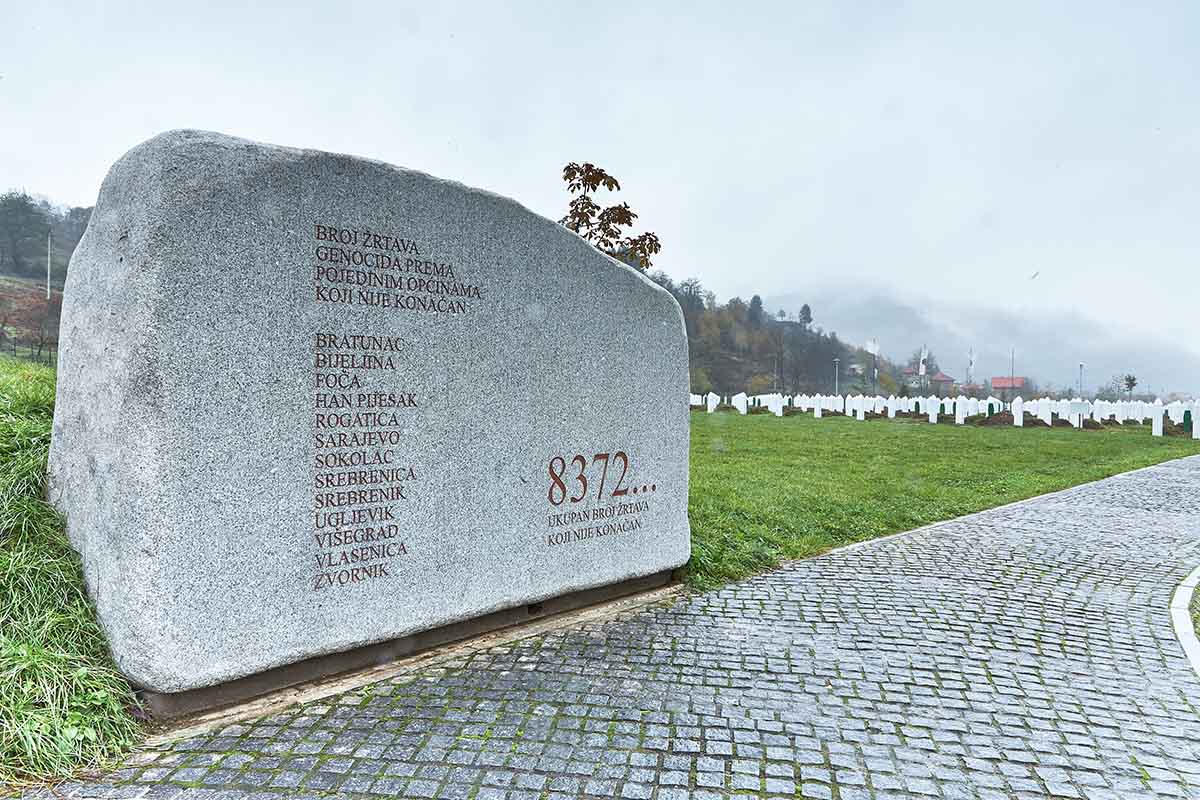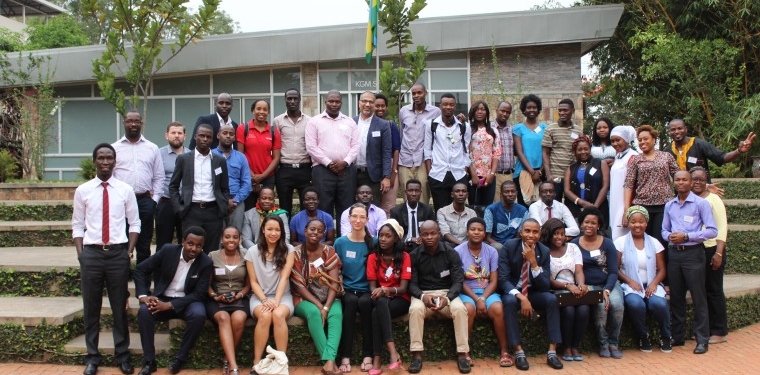“Will bad politics end in African countries?”
October 16 Politics in African countries are based on tribalism, writes Paul Odhiambo, 27, a Commonwealth Correspondent from Nairobi in Kenya, who argues for adherence to democratic practice.
Politics in African countries are based on tribalism, writes Paul Odhiambo, 27, a Commonwealth Correspondent from Nairobi in Kenya, who argues for adherence to democratic practice.
In moving toward general elections in Africa, leaders from different tribes come together to form coalitions or parties based on tribalism but not ideologies.
They often convince citizens that their coalitions are based on ideologies, but if you keenly look at these coalitions’ formation, they are based on tribes. In most African countries, when a leader is elected, they have the power and machinery. These make it hard for the opposition to send them home if the opposition genuinely wins a subsequent election.
Will such cases of bad politics end in African countries? According to my personal view, the answer is no. It is not easy for bad politics to end in Africa soon. The new generations have the power to change the way politics are being practiced in Africa. However, they are recruited in the old systems, or they are barred by their seniors from clinching politic positions.
Many have written about bad politics in Africa from time immemorial. But their work hardly influences an end to this vice. One of these great writers, Prof. Kithaka Wa Mberia, in his book Kifo Kisimani (A Play), which is translated into English as “Death at the Well”, reveals the nature of politics in most African countries. Prof. Kithaka Wa Mberia is a Kenyan poet and playwright who writes in ‘Kiswahili’, which is the indigenous language of the vast African Great Lakes region (Wa Mberia, 2002). In Kifo Kisimani, there is a young man who is disturbed by the ruling government’s imposition of various laws which prevent citizens from using some basic things such as water. There is evidence of suffering and abuse of people opposing this government. Additionally, there are instances of sycophancy, betrayal, corruption, and hypocrisy.
These are some of the things surrounding politics in Africa. Some ruling African leaders believe in ruling until they die, as depicted by the author in chapter one of Kifo Kisimani, where the reader is told that ‘the ruling leader (Bokono) will rule for 100 years and sometimes forever’ (Wa Mberia, 2002).
This is hypocrisy, as nobody knows the end time on this Earth. Saying you will rule for these years is not realistic. However, this is what many politicians are conveying to their supporters. Some African countries have included in their constitutions laws allowing the president to rule a country for a maximum number of years, though there are still loopholes in these laws. Politicians know how to work smart. They form their coalition based on tribes, in which one individual for the particular tribe runs for the presidency for two terms and the running mate from another tribe for the presidency for another ten years. Therefore it is a political cycle, where the presidency would revolve between the tribes with the highest population.
On occasion, people who oppose the ruling government experience abuses and suffering. In this book, the main character (Mwelusi) suffers for the sake of his country. The story tells of accusations, beatings and oppression from authorities that can be used by those in power against those in opposition. Are these things not happening in Africa? They do happen, and opposition leaders often find it tough to fight for ‘democracy’.
Leaders in power can use anything for their interests. When the main character escapes from jail, his brother is used to kill him. He accomplishes this by betraying brother. Similar events are evidenced in most African countries. Ending bad politics requires a call for true leaders who are ready to fight for common goals, as Wa Mberia illustrated in his book, such as goals which will allow all citizens to enjoy equal distribution of resources. If such leaders succeed, bad politics in Africa will be a forgotten thing.
References : Wa Mberia, K (2002). Kifo Kisimani(A Play). Nairobi. Marimba Publications Ltd.
Reach me on Twitter @OngoroPaul
photo credit: Russ Allison Loar Keep Out via photopin (license)
…………………………………………………………………………………………………………………
About me: I am an industrial chemist and aspiring entrepreneur. I am interested in green chemistry, environmental conservation, good governance, entrepreneurship, chemistry, biochemistry and good education.
I believe if government and different organizations give an opportunity to youths, they can transform their lives and their communities. In many occasions, youths have been considered as needy and hopeless; therefore, they are not allowed to contribute to national matters. However, they are the people who know their problems.
…………………………………………………………………………………………………………………
Opinions expressed in this article are those of the author and do not necessarily represent the views of the Commonwealth Youth Programme. Articles are published in a spirit of dialogue, respect and understanding. If you disagree, why not submit a response?
To learn more about becoming a Commonwealth Correspondent please visit: http://www.yourcommonwealth.org/submit-articles/
…………………………………………………………………………………………………………………




